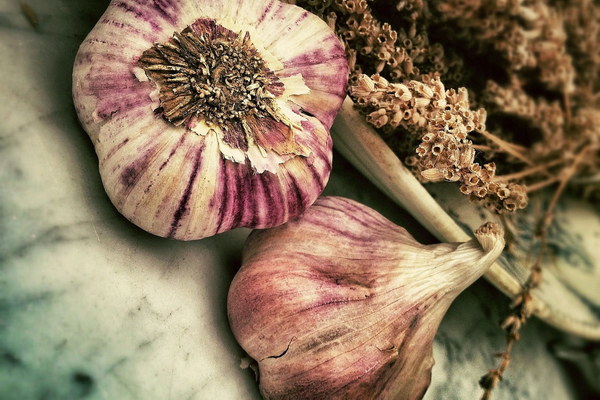Debunking the Myth Is Damp Phlegm Elimination Enough
Introduction:
Damp phlegm, or dampness in the body, is a common concept in traditional Chinese medicine. Many people believe that eliminating damp phlegm will lead to better health. However, is this belief accurate? In this article, we will explore the relationship between damp phlegm and health, and discuss whether damp phlegm elimination is enough to achieve overall well-being.
Understanding Damp Phlegm:
Damp phlegm refers to a condition where excess moisture accumulates in the body, leading to various symptoms such as fatigue, bloating, and digestive issues. It is believed to be caused by factors like poor diet, lack of exercise, and environmental factors like damp weather. In traditional Chinese medicine, dampness is considered a root cause of many diseases.
The Role of Damp Phlegm Elimination:
Eliminating damp phlegm is indeed an important aspect of treating related health issues. When dampness accumulates in the body, it can disrupt the normal functioning of organs, leading to a variety of symptoms. By promoting the elimination of damp phlegm, traditional Chinese medicine aims to restore balance and alleviate these symptoms.
However, it is crucial to note that damp phlegm elimination alone may not be sufficient for achieving complete health. While it can provide relief for certain symptoms, other factors also play a significant role in maintaining overall well-being.
Other Factors Affecting Health:
1. Diet: A balanced diet is essential for maintaining good health. Consuming excessive amounts of damp-producing foods, such as dairy, sugar, and cold foods, can exacerbate dampness in the body. On the other hand, incorporating foods that promote dampness elimination, like ginger, garlic, and turmeric, can help reduce dampness.
2. Exercise: Regular physical activity is crucial for maintaining a healthy body. Exercise helps improve circulation, boost the immune system, and eliminate toxins from the body. Engaging in activities like walking, jogging, or yoga can help reduce dampness and improve overall health.
3. Stress Management: Stress can lead to various health issues, including dampness. Finding effective stress management techniques, such as meditation, deep breathing exercises, or spending time in nature, can help reduce dampness and promote overall well-being.
4. Sleep: Adequate sleep is vital for the body's repair and rejuvenation processes. Poor sleep quality or insufficient sleep duration can weaken the immune system, making the body more susceptible to dampness and other health issues.

5. Lifestyle: A healthy lifestyle, including avoiding smoking and excessive alcohol consumption, can significantly impact dampness levels in the body.
Conclusion:
While damp phlegm elimination is an important aspect of treating related health issues, it is not enough to achieve complete well-being. A holistic approach, including a balanced diet, regular exercise, stress management, adequate sleep, and a healthy lifestyle, is essential for maintaining good health. By addressing these various factors, one can effectively combat dampness and improve overall quality of life.









